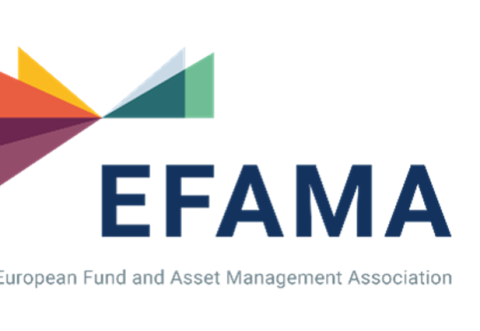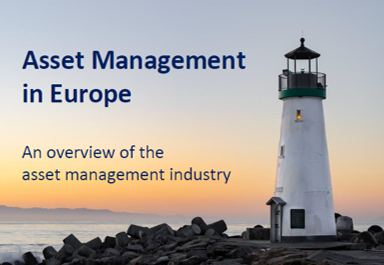EFAMA welcomes the opportunity to provide its comments on the Good Practices to be adopted by IOSCO for the Termination of Investment Funds. We agree that the decision to terminate a fund can have significant impact on investors in terms of the costs associated with such an action, or the ability for investors to redeem their holdings during the termination process. In this regard, even in the context of a fund’s voluntary termination, asset managers must abide by their fiduciary obligation to act in the best interest of their investors.


































